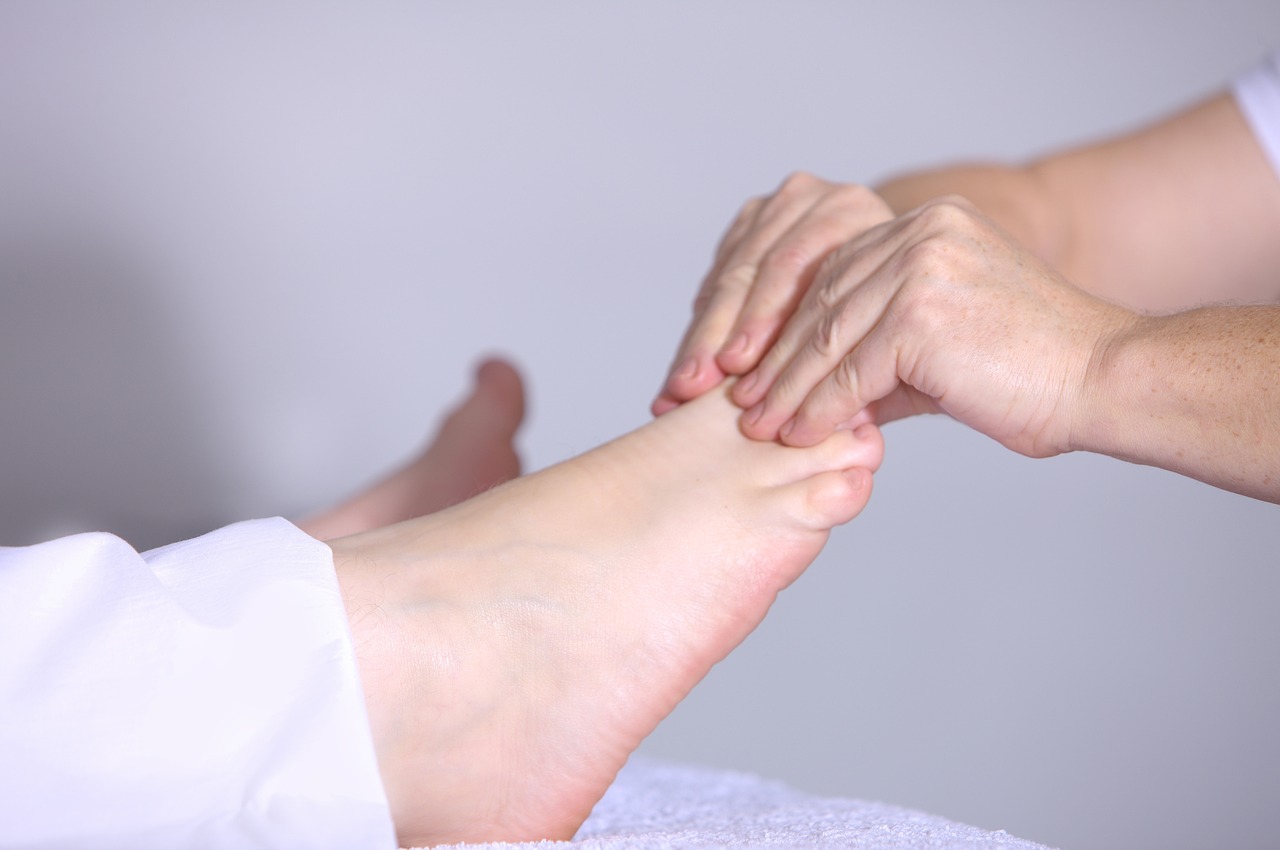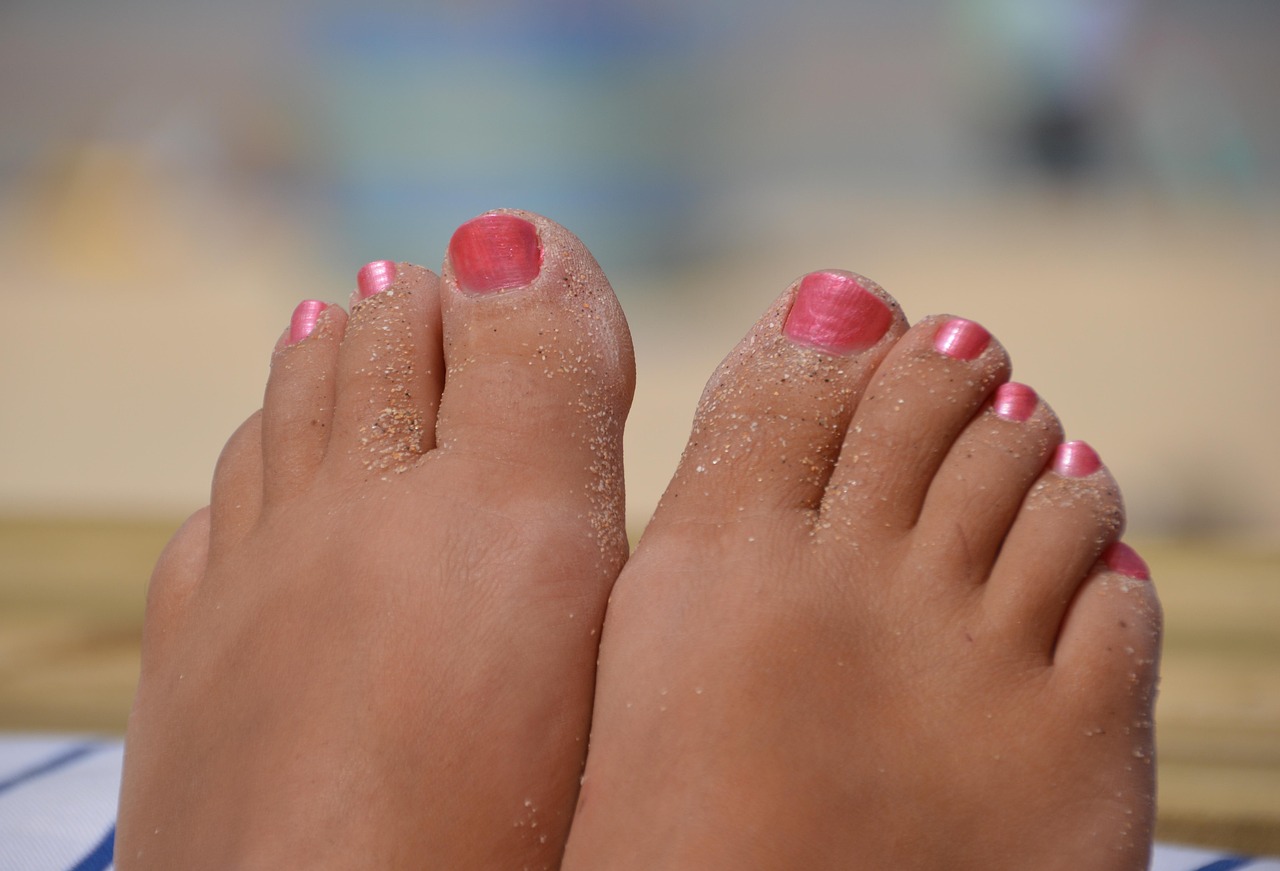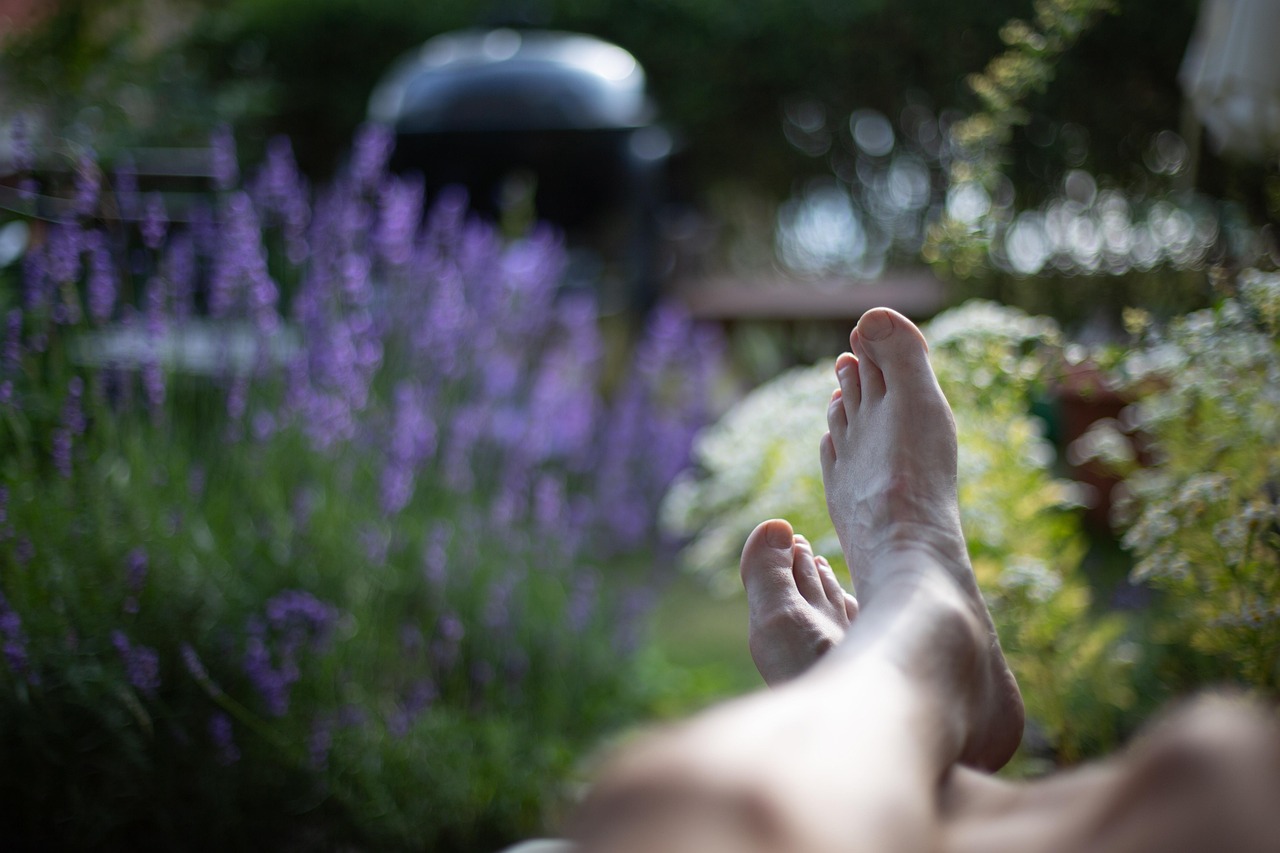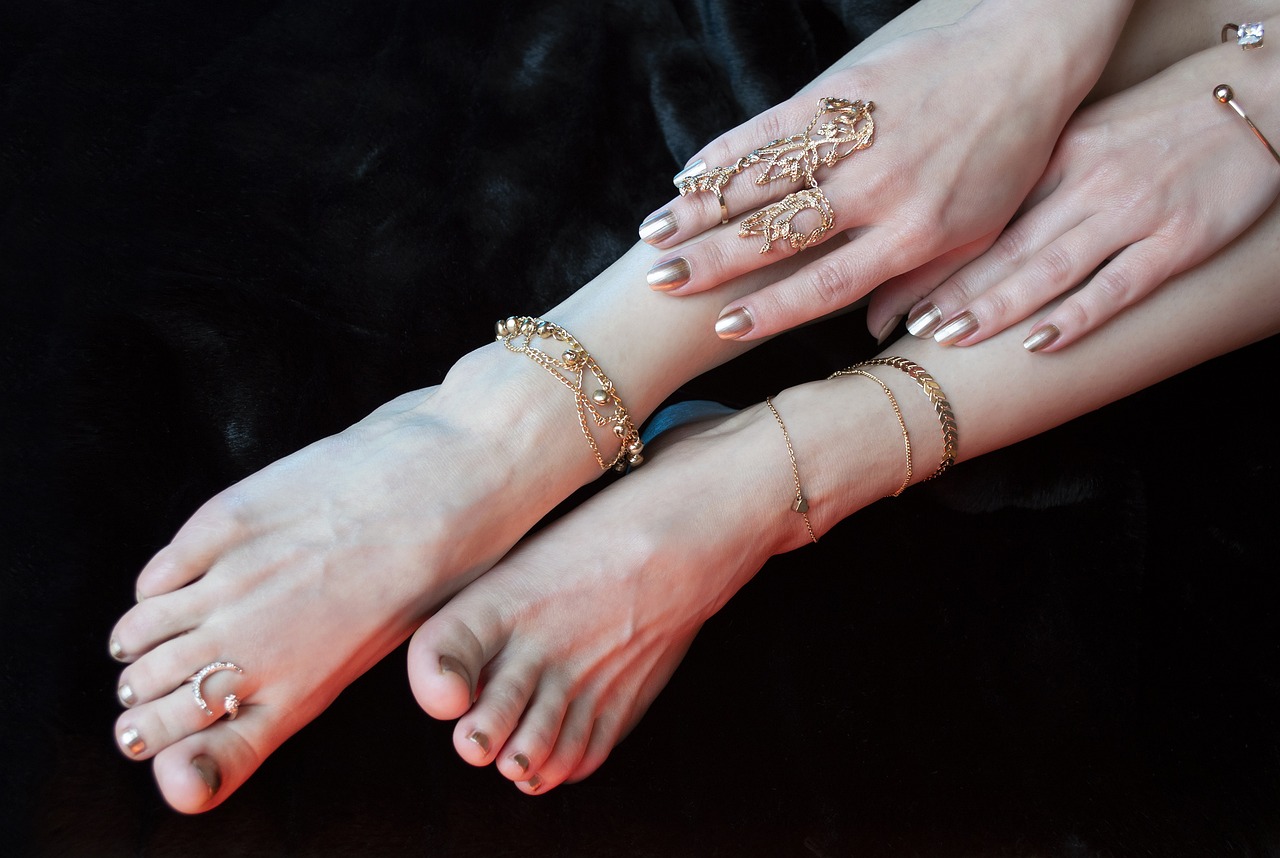Healthy blood flow = healthy heel skin.
When most people think about healing cracked heels, they focus on moisturizing creams, exfoliation, and maybe better shoes. And yes — those are important. But there’s a silent factor that determines how fast (or if) your heels actually heal: circulation.
Proper blood flow isn’t just about preventing cold toes. It directly impacts how well your skin — especially on your heels — can regenerate, stay hydrated, and resist cracking.
In this article, we’ll explore the crucial connection between circulation and heel skin health, how to know if your blood flow is slowing down your healing, and how to support both your skin and your circulation with the help of The Beauty Pure.
Table of Contents
Toggle🧬 Why Circulation Matters for Skin Repair
Good circulation ensures that your skin cells receive:
- Oxygen (to fuel repair)
- Nutrients (to build new cells)
- Moisture regulation (to prevent drying)
- White blood cells (to defend against infections)
Poor circulation = slow healing, even with the best cream.
Since the heels are the furthest point from the heart and often bear your body’s full weight, they’re the first to suffer when circulation isn’t optimal.
🦶 Signs Your Heels Might Be Suffering from Poor Circulation
Even if you use a high-quality heel cream, like Lapitak Cream for Cracked Heels, you might notice:
- Delayed healing of cracks or fissures
- Cold feet even in warm environments
- Dryness that returns quickly after moisturizing
- Discoloration (pale or bluish tones)
- Tingling or numbness
- Heels that feel tight or swollen after standing
💡 These symptoms don’t always mean a medical emergency — but they are signs your feet need extra care and stimulation.
💓 Conditions That Impact Circulation
Several health and lifestyle factors reduce circulation to the lower limbs:
- Diabetes
- Peripheral artery disease (PAD)
- Smoking
- Sedentary lifestyle
- Standing or sitting for long periods without moving
- Cold environments
- Tight socks or shoes
Even if you don’t have a medical condition, daily habits can slow healing.
✅ How to Improve Circulation for Better Heel Repair
1. Move Your Body More
- Flex and rotate your ankles during long periods of sitting
- Take short walks throughout the day
- Avoid sitting with legs crossed for long durations
2. Elevate Your Feet (When Resting)
- Prop your feet up for 10–15 minutes daily to reduce swelling and improve blood flow
3. Massage Your Feet and Heels
Massaging helps stimulate circulation and makes creams absorb better.
Try this:
- Apply Lapitak Foot Care Cream or Cracked Heel Cream
- Massage in small circles from heel to toes
- Focus on the arch and heel pad
- Do this at night before bed or after a warm shower
4. Wear the Right Socks
- Use non-restrictive cotton socks
- Avoid tight elastic bands that cut off circulation
- Change socks daily, especially after sweating
5. Stay Hydrated and Nourished
- Drink plenty of water to support skin hydration from within
- Eat circulation-friendly foods rich in omega-3s, vitamin E, and iron
🧴 Best Creams to Use Alongside Circulation Support
Why it matters: Even with great circulation, dry heel skin still needs intense topical support to heal and stay smooth.
We recommend:
- Daily care:
👉 Lapitak Foot Care Cream — for softening, protecting, and daily moisture - Night repair:
👉 Lapitak Cracked Heel Cream — for repairing deep fissures and hardened skin
🛌 Evening Routine to Support Skin + Circulation
| Step | Action |
|---|---|
| 1 | Soak feet in warm water for 10 minutes |
| 2 | Dry gently, especially between toes |
| 3 | Apply cracked heel cream and massage for 2 minutes |
| 4 | Elevate feet for 10–15 minutes while resting |
| 5 | Wear loose cotton socks to retain moisture overnight |
Final Thoughts: Don’t Overlook What’s Underneath
Sometimes cracked heels aren’t just about dryness — they’re about what’s happening beneath the skin. If your circulation is poor, even the best products won’t fully repair your skin unless blood flow is improved.
That’s why a complete heel care approach includes movement, massage, hydration, and high-quality creams. The good news? You can start today — right where you are.
👉 Explore The Beauty Pure for heel care products that work with your body to restore smooth, healthy feet from the inside out.





